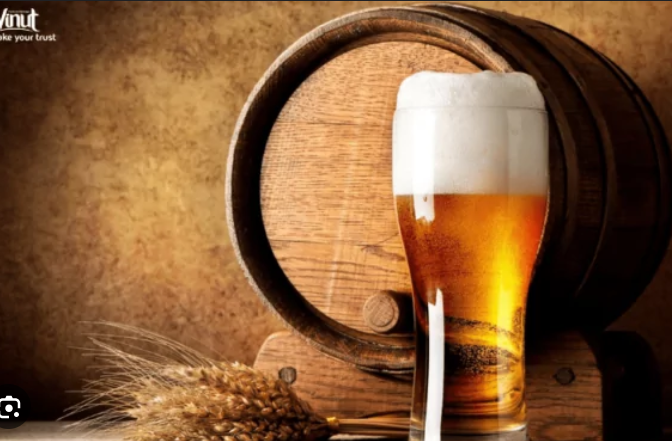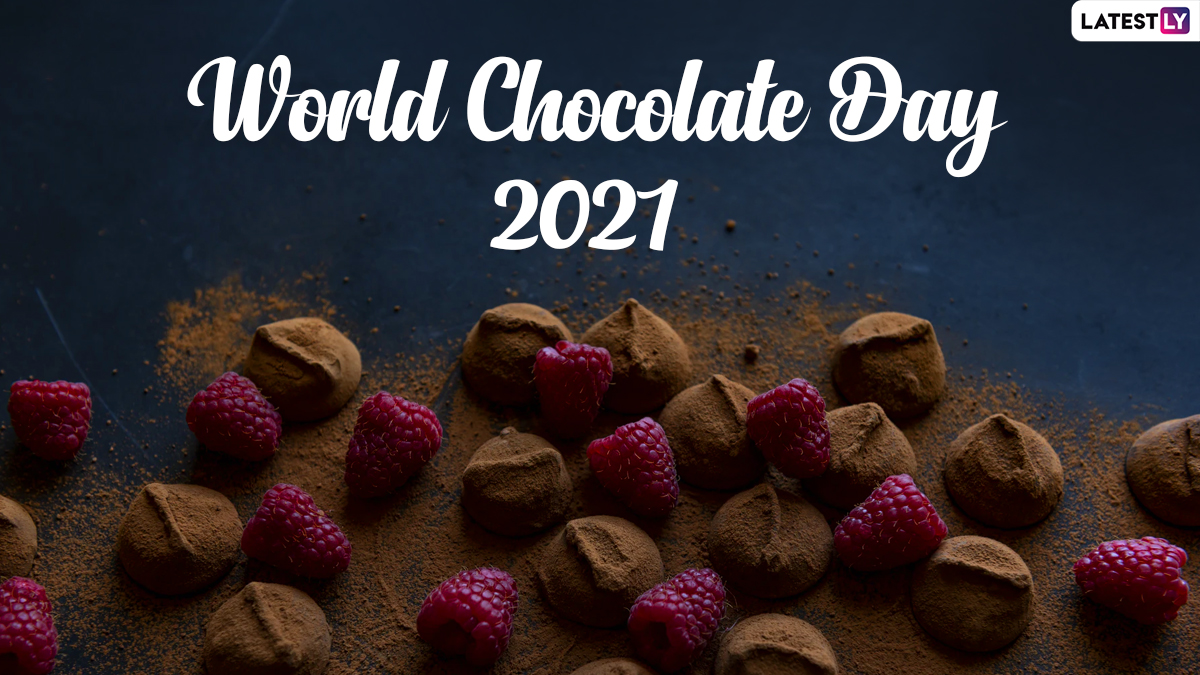A trend is taking off across the beverage markets around the world. Consumers are increasingly embracing the trend of non-alcoholic beer. Global beer behemoths like Heineken 0.0, Budweiser Zero, and Guinness 0.0 are racing to meet consumers’ prevailing health-conscious needs and new lifestyles.
In an earlier report, IWSR, a global provider of data and market intelligence on beverage alcohol, projected that non-alcoholic beer will grow by 8% annually through 2029, while ale’s volume will slide 2% annually in that same period.
Despite a recent growth, non-alcoholic beer holds about 2% of the worldwide beer market share, while lager holds 92% market share, which represents the largest beer category and continues to grow, although at a slower pace than non-alcoholic beer.
Also Read:GUINESSS LAUNCHES NON ALCOHOLIC BEER, GUINESS 0.0
Since 2018, non-alcoholic beer sales have trended upward, with major markets like the U.S., Japan, Spain, and Germany leading the growth. According to recent IWSR data and market intelligence on beverage alcohol, between 2019 and 2024, the U.S. market grew non-alcoholic beer volume by 175%, propelling the country’s ranking from the category’s sixth-largest market to third-largest.
To market its way out of the Qatari government’s sudden ban on alcohol sales at 2022 World Cup stadiums, AB InBev’s Budweiser sold its non-alcoholic beer, Budweiser Zero, at the event. Budweiser Zero alternatively became a key part of the company’s planned activations during the FIFA World Cup in the host country and around the world.
Since then, Budweiser Zero has gained enough popularity for Glen Fox, Anheuser-Busch endowed professor of malting and brewing sciences at the University of California, to add non-alcoholic beer to his teaching programme in 2025.
Also Read:Investors express willingness to tap into Nigeria’s non-alcoholic beer market
In his report, Fox hinted that AB InBev is brewing its own non-alcoholic beer for the students to examine, so they can gain that experience. The world’s largest brewer wants to ensure it understands the process, educates new brewers, and prepares them with a good understanding before they enter the industry.
Professor Fox, however, warned that consumers should choose canned or bottled non-alcoholic beer. He explained that the alcohol in beer acts as a preservative that prevents the growth of microbes; with less alcohol, non-alcoholic beer served on draft becomes more susceptible to spoilage and pathogens.
Moreover, the IWSR report found that non-alcoholic beer volume jumped 9% in 2024 despite a 1% dip in global beverage alcohol volume. The report further forecast that non-alcoholic beer will surpass ale as the second-largest beer category by volume worldwide this year, behind only lagers.
As of 2024, IWSR ranked non-alcoholic beer No. 3 by making up 2% of global volume, outranking wheat beers (1%) and stouts (1%). The beer faces a colossal gap below lagers, which remain by far the largest beer category at 92% of global volume as stated earlier.
Also Read:Heineken uses non-alcoholic beer sponsorship to increase market share amid pandemic
Why is alcohol-free beer gaining momentum at the speed of light? Industry watchers believe the growing health concerns, especially among GenZs and millennials, are fueling the increasing popularity of non-alcoholic beer.
Many millennials, as they grow older, are becoming increasingly health-conscious, leading active lifestyles and making non-alcoholic beer an appealing alternative. Somehow, the non-alcoholic beer trend aligns with the principles of their resolve to stay young, fit, and healthy.
In the last five years, global players like Diageo’s Guinness, Heineken, and Anheuser-Busch InBev’s Budweiser have rolled out zero-proof versions of their major beer brands. According to Bernstein, a private wealth management and investment firm, non-alcoholic beer’s worldwide retail sales surpassed $17 billion in 2023.
Guinness 0.0, Budweiser Zero, and Heineken 0.0 dominate the US and UK food delivery. Through the ‘Cheers with no Alcohol’ campaign, Heineken has spent significant time and resources on marketing its alcohol-free brand.
Also Read:Non-alcoholic Guinness rises 35% in sales, set to take 12% production
Jan Biering, head of research for German-based Beer and Beverage Production, told BusinessDay at the African Brewing Conference in Douala, Cameroon, that the company expects more investments for non-alcoholic beer in Nigeria due to rising demands by a younger generation of average income earners who are seeking healthier styles.
Also, Alexander John, a beer investor with German-based Ziemann Holvrieka GmbH, noted that Nigeria’s burgeoning population and labour pools that will emerge in the coming decades represent far more than just the consumers seen by AB InBev, Diageo, and Heineken.
Despite these expert projections and analyses, the Nigerian market has yet to witness the seismic shift in the global beer market and the disruptive entries of non-alcoholic beers in other markets. While the global non-alcoholic beer market continues to record consistent growth, its shelf presence remains absent in Nigeria.
Also Read:Global beer market to grow at $1,315.46 billion in 2031
Alcohol acts as a preservative that inhibits the growth of unwanted pathogens in beverages. From the perspective of food safety, brewers must pasteurise beer. However, since 2018, food and beverage scientists have manufactured dealcoholisation equipment, and brewers can now remove a beer’s alcohol, can it, and pasteurise it for safe and healthy consumption.
Also Watch:MARKETING EDGE ONTV






Comment
No comments found.